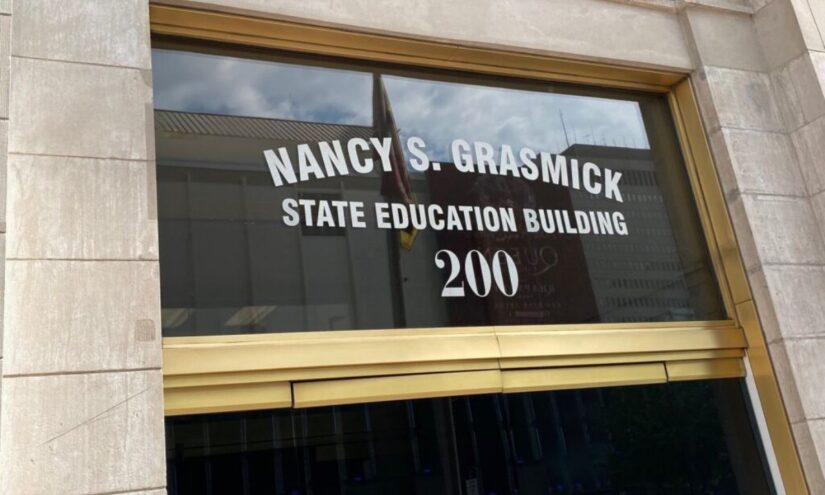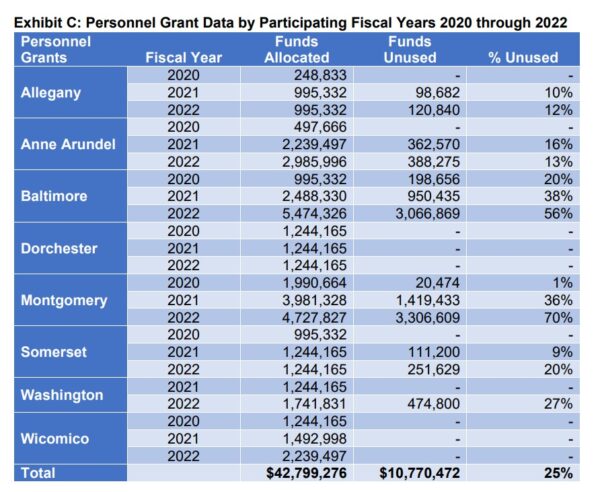Reflecting on the tenets that shape our educational practices is fundamental for …
Maryland DOE Fails to Utilize $12.3 Million Due to Training Deficiency, Audit Reveals
Emma Wordsmith

According to a report from the Office of the Inspector General for Education, at least eight Maryland school systems failed to use $12.3 million that was intended for students in underserved communities. The audit found that officials from the Maryland State Department of Education did not provide sufficient training and guidance to local school officials on how to utilize concentration of poverty grants, which are meant to support students in community schools.
Community schools are gradually being established as part of Maryland’s education reform plan, known as the Blueprint of Maryland’s Future. This plan aims to improve education outcomes for students in underserved communities. Two pieces of legislation focused on community schools are included in this year’s Legislative Black Caucus of Maryland priorities to expand the number of community schools in school systems with fewer than 40.
The audit highlighted frustrations expressed by some school districts about the lack of clarity and written guidance from MSDE staff on how to use concentration of poverty funds for wraparound services. The audit reviewed records from July 1, 2019, through Jan. 31, 2023, and found that approximately $1 million was returned to the state. The school systems investigated in the audit were Allegany, Anne Arundel, Baltimore, Dorchester, Montgomery, Somerset, Washington, and Wicomico counties.
The concentration of poverty grants is disbursed in two portions: personnel grants and per-pupil grants. Personnel grants are a fixed amount used to hire a community school coordinator and a health care practitioner. Per-pupil grants are utilized to provide various wraparound services such as additional school counselors, English language learner classes, and professional development for staff. However, the audit revealed that personnel grants allocated between fiscal years 2020 to 2022 were only used in Dorchester and Wicomico counties.

Some school officials used the concentration of poverty grant funding to hire consultants and receive training on its utilization. The audit noted that the Maryland State Department of Education was unaware of these training costs. The audit recommended that the department develop a strategy for communicating policies and procedures to all school staff and establish a team of subject matter experts and stakeholders to provide guidance in implementing the education reform plan.
Responses
In response to the audit, Interim Superintendent of Schools Carey Wright stated that the department is committed to improving its processes and internal controls. The department submitted several responses to the inspector general, including the development of policies and procedures for concentration of poverty grants. The procedures will be shared with the Blueprint Accountability and Implementation Board for review and implementation by March 1.
While the department disagreed with the inspector general’s suggestion to temporarily pause finance and program activities, it hired an independent firm to verify grant expenditures from fiscal year 2020 to fiscal year 2023. The inspector general recommended that the department continue to engage the independent firm beyond September.
Shamoyia Gardiner, executive director of Strong Schools Maryland, expressed concerns about the department’s accountability and the need for stronger oversight. She suggested that the Blueprint board should have approved all implementation plans and assessed the spending of funds to ensure transparency and accountability.



